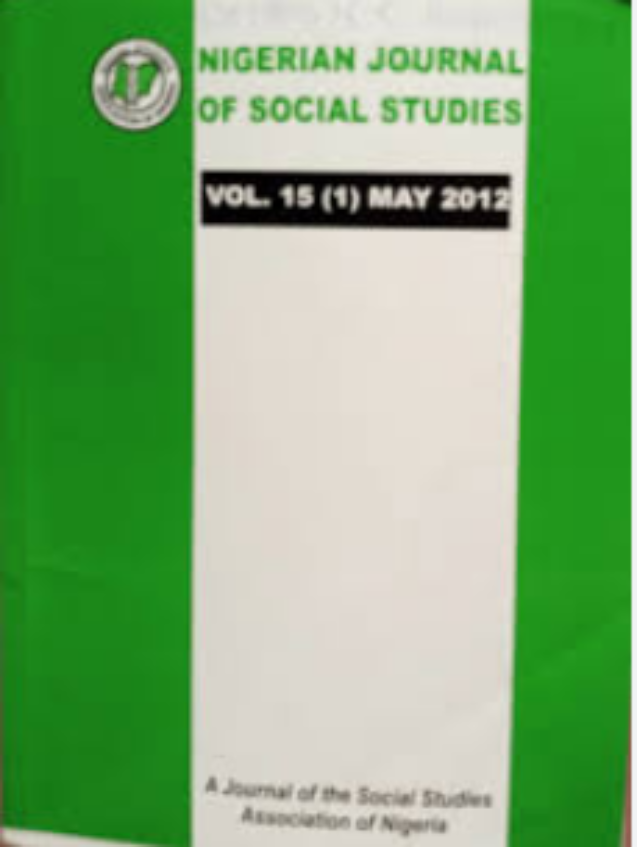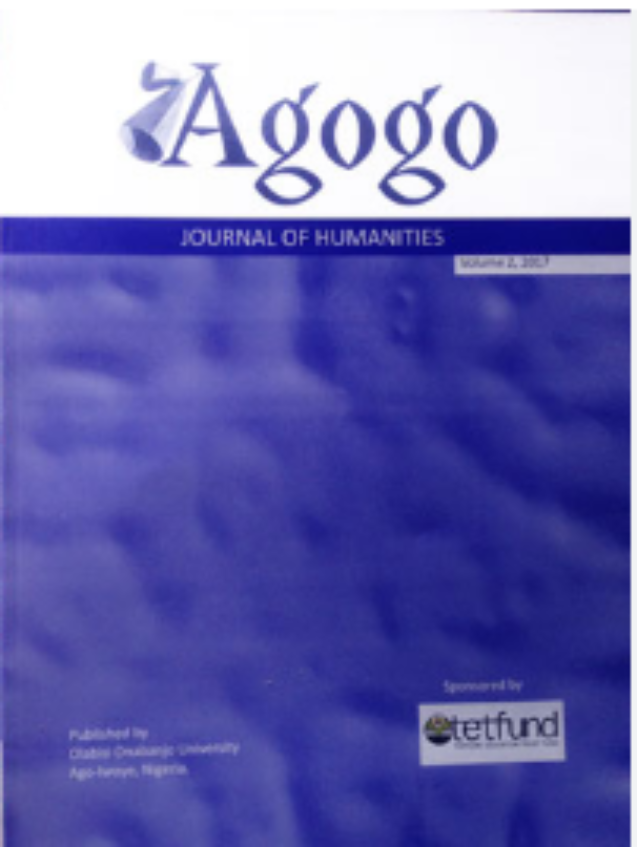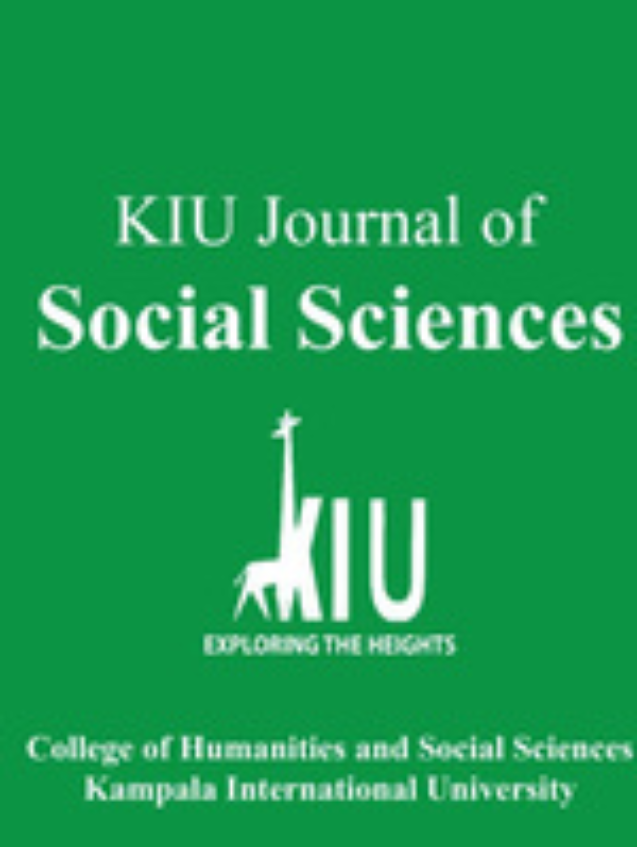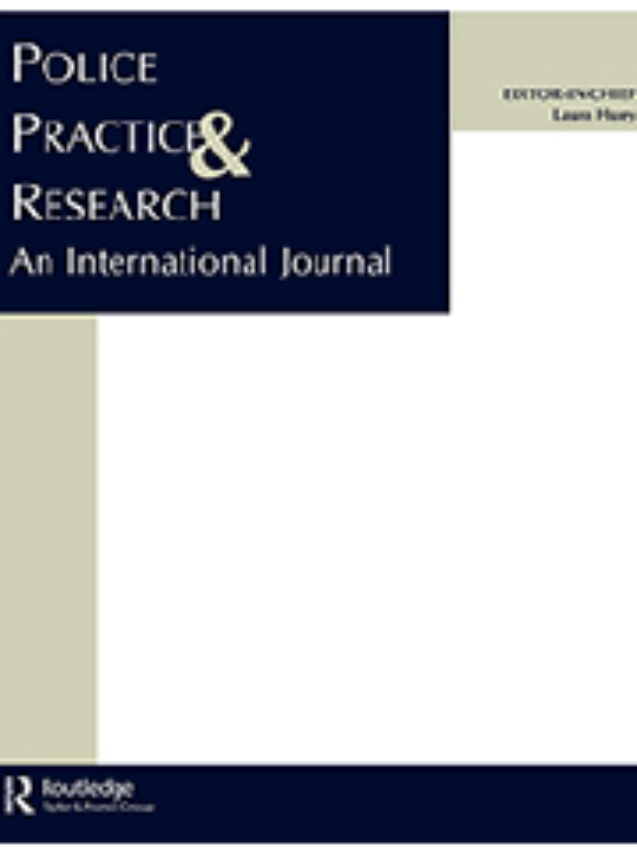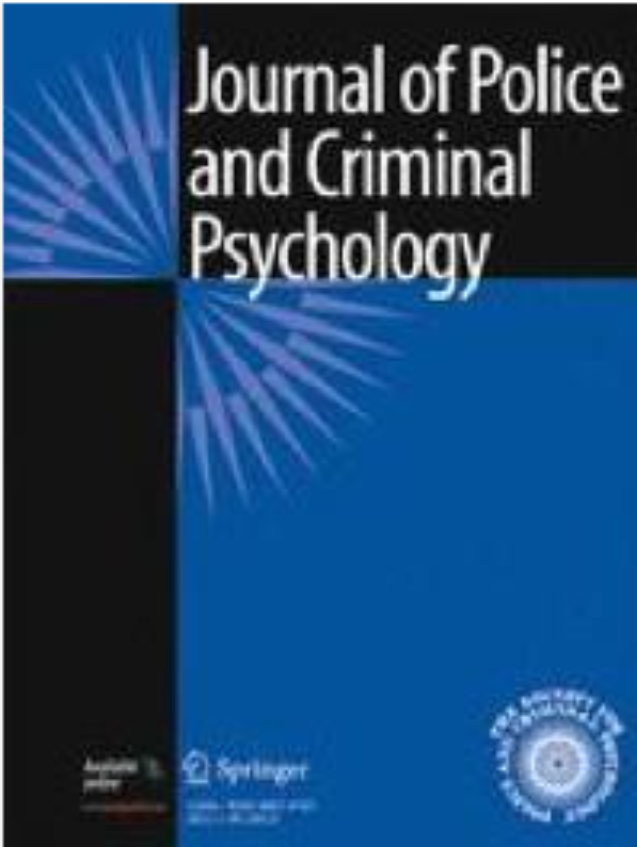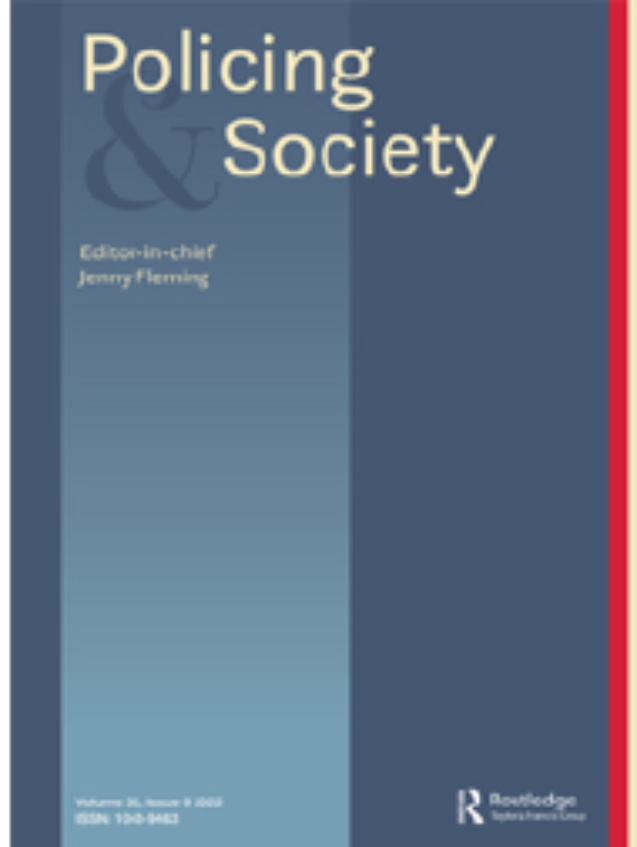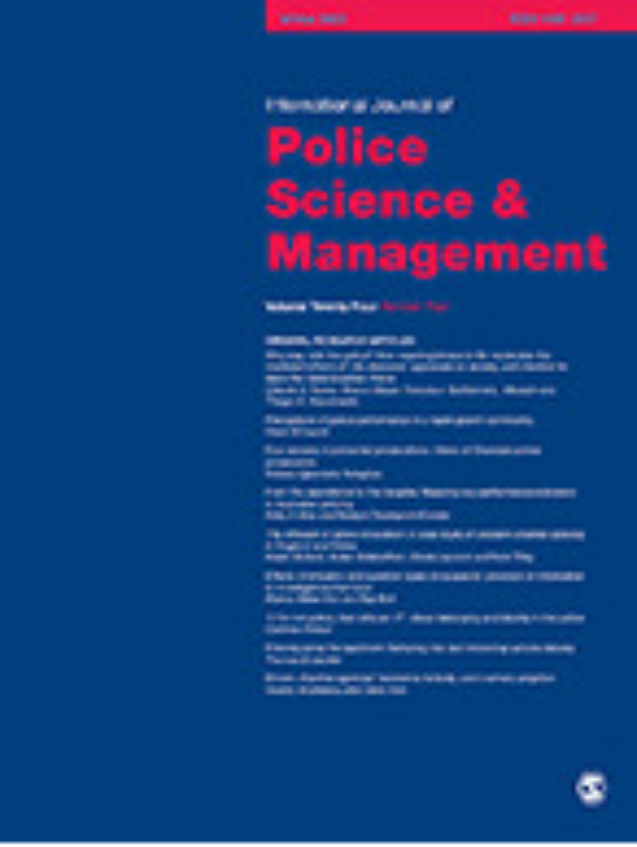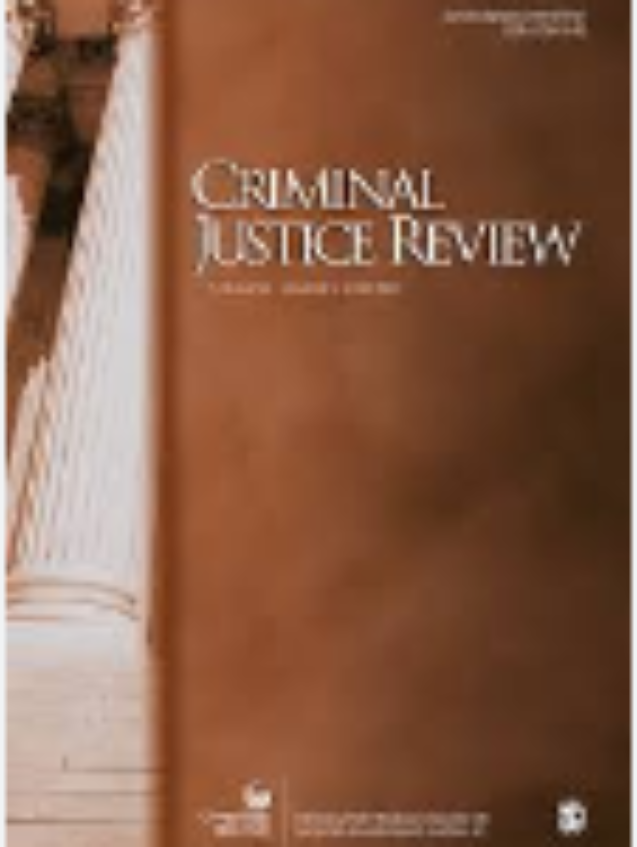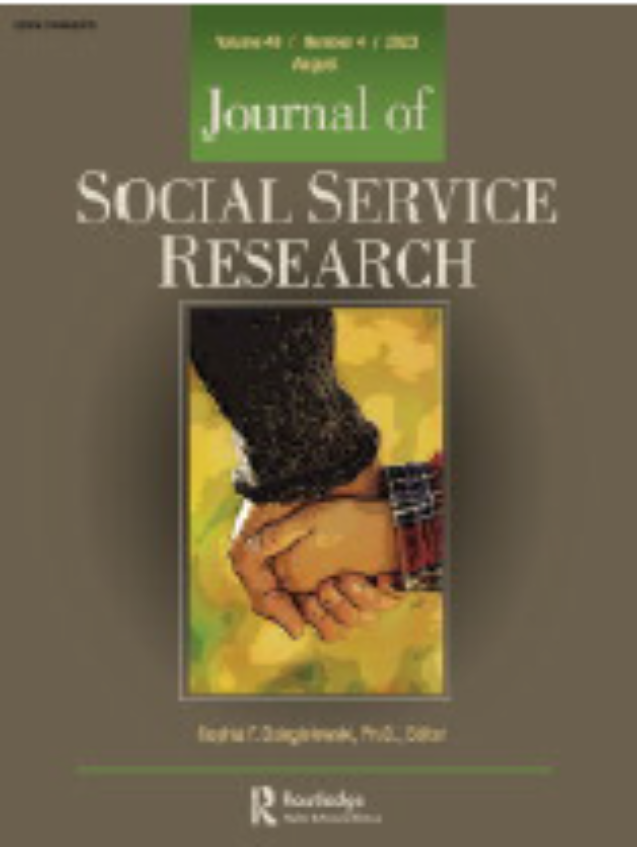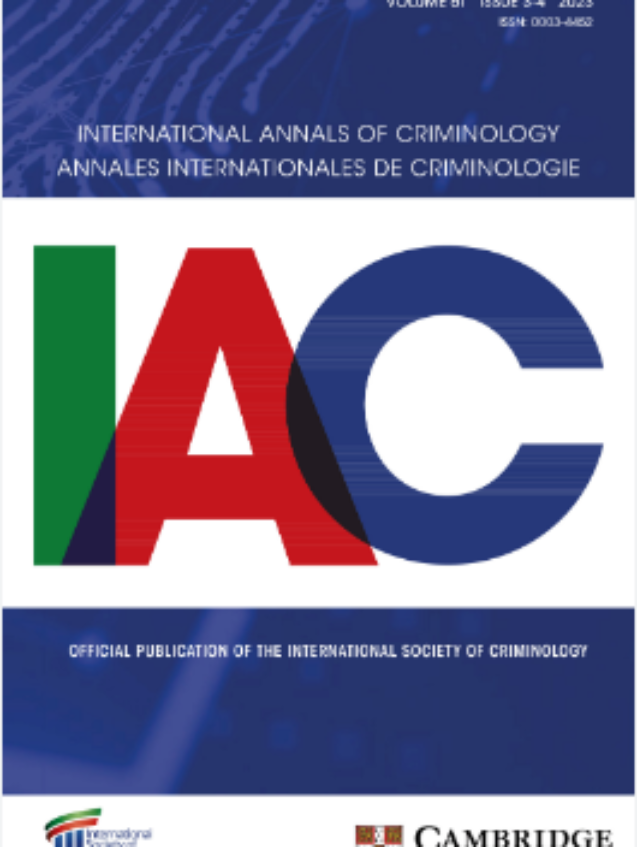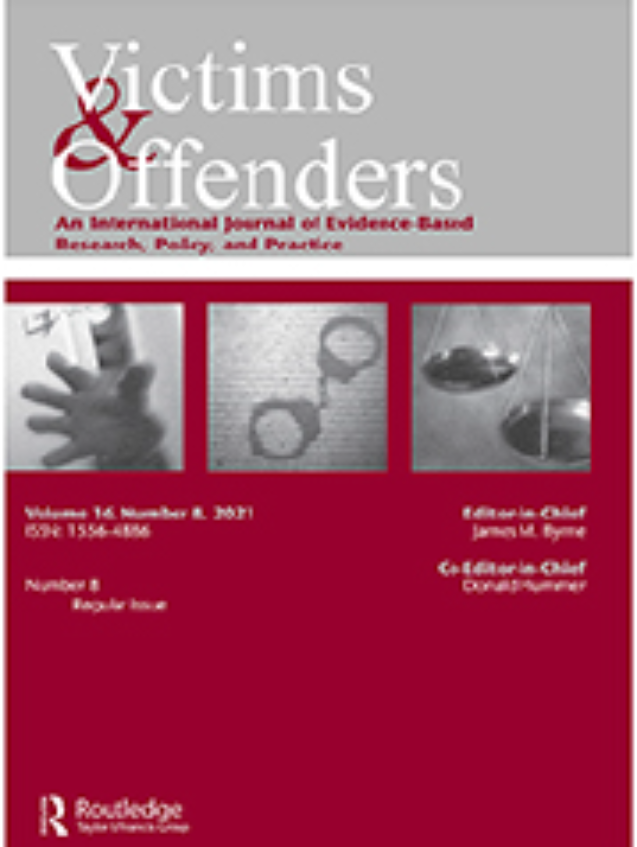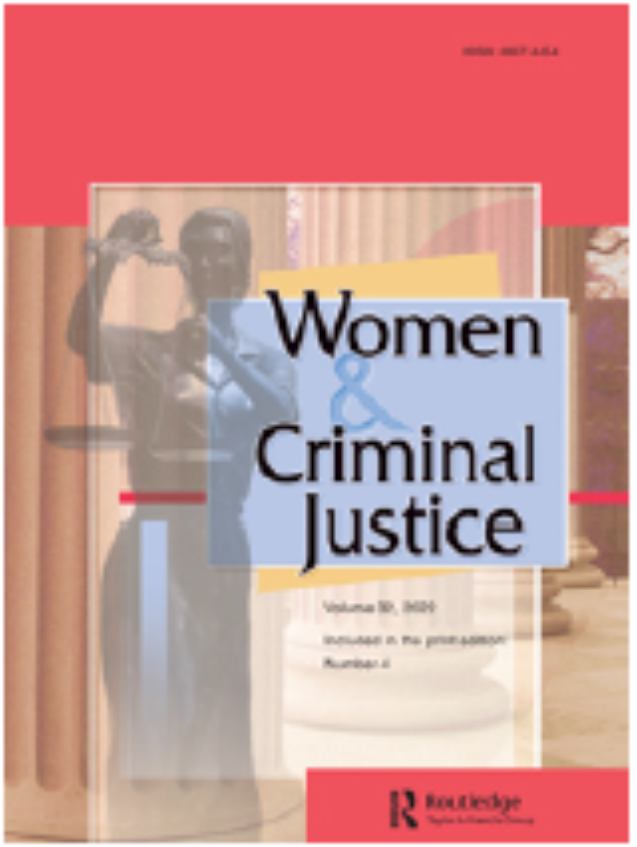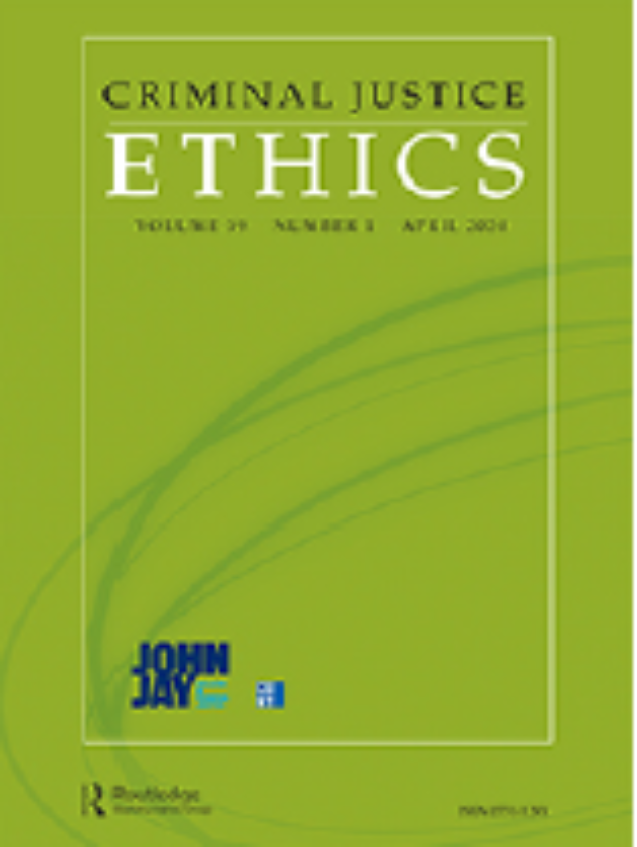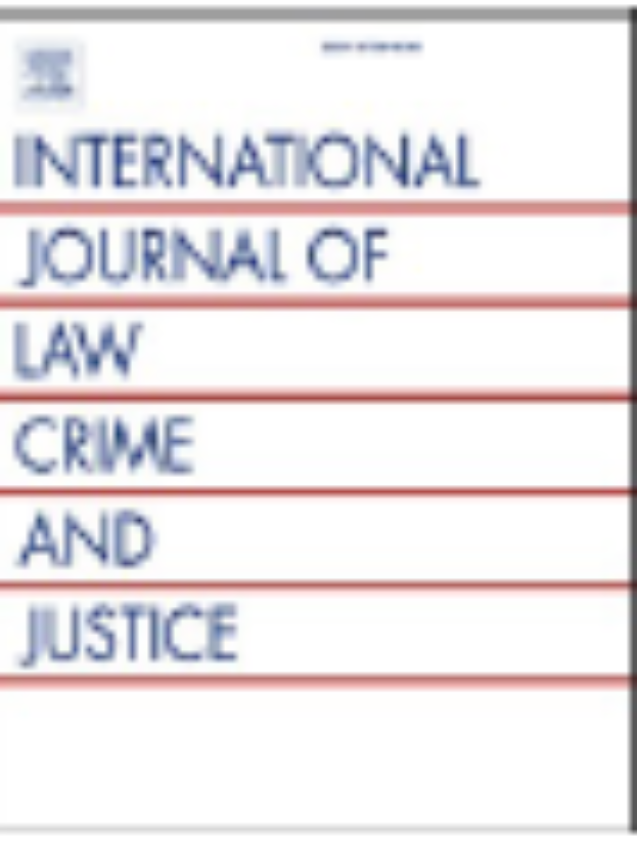Policing
Police Corruption in Nigeria: A perspective on its Nature and Control
Documented evidences of endemic police corruption and its devastating effects on the rule of law in Nigeria abounds. Overtime, policing in the country has developed and changed, but corruption within its system has continued virtually unabated and largely unchanged in form and format. Rather, it has merely adjusted and adapted to developments in the Nigerian society. However, in spite of the growing rate of corrupt practices perpetrated by the police on daily basis, empirical interests on this s ...
Policing and Human Rights in Nigeria: Marxism and Symbolic Interactionism
In Nigeria, issues that bother on policing and human rights often evoke contentious debate. The Nigeria Police, being the key law enforcement agency in the country has had to contend with accusations of human rights violations which is proof that it is are facing serious challenges in its attempt to balance rights protection with national security, and public order. Specifically, proponents of macro-sociological perspectives tend to assume that it is the external influence of the elite class whi ...
The Influence of Occupational Stress and Mental Health on Nigerian Police Officers’ Aggression
The study investigated the influence of occupational stress and mental health on Nigeria Police Officers aggressivity. Agressivity by the police is widespread, consistent, persistent and multidimensional in Nigeria. The study is a descriptive survey research in which occupational stress and mental health were the independent variables and police aggressivity as the dependent variable. The participants responded to three valid and standardized instruments which were: The Aggression Questionnaire ...
Nigerian Police Officers’ Perception of the Power and Potency of Juju (Black Magic) For Criminalities
Scholarly works on crime and policing are yet to accord much attention to the phenomenon of juju practice and criminality. Indeed, while accounts of survivors of juju-oaths and juju-using criminals have been considerably documented, limited empirical studies have attempted to examine the awareness, beliefs, perception and experiences of law enforcement officers in their dealings with criminals that deploy the use of juju for protection against apprehension. Therefore, an exploratory approach was ...
‘Catch me if you can’: the myth and reality of criminals’ use of juju to evade arrest from the Nigeria police
This research investigates the deployment of juju rituals by criminals to perpetrate crime, ensure invincibility, avoid injury or death, subdue victims, and evade police apprehension. Existing studies have predominantly focused on the use of juju in relation to human and sex trafficking; however, this current study takes a more generalized approach to examine usage across Nigerian-organized crime. It explores perceived potency and exploits of juju-using criminals, police personnel’s encounters a ...
Accounts of unlawful use of force and misconduct of the Nigerian Police in the enforcement of COVID-19 measures
In response to the global COVID-19 pandemic, the Nigeria police was entrusted with the responsibility of coordinating local shutdowns, encouraging social distancing, enforcing stay-at-home mandates, and supervising compulsory wearing of face masks. Drawing from procedural justice theory, this study explored accounts of unlawful use of force, human rights violations, and other police misconducts that resulted from the enforcement of COVID-19 measures. Using a victim-centred approach involving qua ...
Policing the lockdown: accounts of police officers’ aggression and extortion of frontline health workers in Nigeria
The COVID-19 pandemic transformed the many intersections between policing and public health, illuminating profound effects of the interactions and collaborative efforts between both sectors in Nigeria, which culminated into an industrial action by health workers in protest of police harassment and extortion. This study, which represents one of the first attempts at empirically examining inter-sectoral collaboration between police and healthcare personnel in the promotion of public health, explor ...
Policing the coronavirus pandemic: Nigeria police senior officers’ views on preparedness, response, legitimacy and post-COVID policing
In the wake of pandemic policing occasioned by COVID-19, Nigeria police have been facing challenges of a lack of legitimacy, together with what is termed the militarization of police operations. This has impacted considerably on police–community relations. Meanwhile, early reports on the police response to the pandemic indicated high levels of lockdown violation, despite adoption of a militarized option in the enforcement of restriction orders. In reviewing one of the first police interventions ...
Pandemic Policing and Community Engagement: Preparedness, Legitimacy and Public Support During the COVID-19 Crisis in Nigeria
This study brings to the fore, insights into three key factors that had been widely noted to play significant roles in driving effective pandemic policing. These are the preparedness of the police as first responders to a public health crisis, the level of public trust in the police as a legitimate power holder, and community engagement as a tool to drive public support and participation in fighting COVID-19. Using the Nigeria police as a case study, with the damning reports of abuse of power an ...
Policing suicide: Investigative officers’ views on criminalization and enforcement of suicide laws
The global calls for the decriminalisation of suicide have been intense, leading to several countries repealing laws against suicide and suicidal behaviour. However, this opened up a gap in knowledge on suicide policing in countries that maintained statutes penalising suicide. Drawing from the case of Nigeria, one of the countries where attempted suicide attracts prison sentences, this study explored the opinions and experiences of police officers as regards the criminalisation of suicide and en ...
Child Sexual abuse in Nigeria: exploring vulnerability and prevention from a policing perspective
To date, literature on vulnerabilities of children and prevention of child sexual abuse (CSA) has relied on the contributions of child-care professionals, health practitioners, and other social workers, excluding police officers. The purpose of this study is to draw on the experiences and expert opinions of police officers in exploring the vulnerabilities of children to sexual abuse and prescribing preventive measures. Officers’ engagement is premised on their collaborative work with social serv ...
Policing the COVID-19 Outbreak, Accounts of Misconduct, and the Imperatives of Procedural Justice Training for Nigerian Police Officers
Globally, questions have been asked on how police utilized additional powers created to manage the spread of the COVID-19 virus without negatively impacting police legitimacy. This was particularly a concern in countries that had hitherto recorded high incidents of police misconduct prior to the emergence of the pandemic. Using a victim-centered approach, a qualitative study was conducted to examine the dimensions of unlawful use of force, human rights violations, and other police misconduct whi ...
Policing rape and serious sexual offenses in Nigeria: Officers’ experiences and appraisal of police investigative approaches
The article explores the lived experiences of investigative police officers in managing rape and serious sexual offences (RASSO) in Nigeria, a developing country with a conservative patriarchal system and deep-rooted rape culture. A qualitative study involving 24 sexual crime investigating police officers of six states’ police commands in southwest Nigeria was conducted, and a thematic analysis of the narratives was carried out. Findings indicated police efforts at addressing RASSO are constrain ...
Police abuse of sex workers in Nigeria: evidence from a qualitative study
Scant public attention has so far been paid to police abuse of sex workers in Nigeria, in spite of the overwhelming evidences of incessant abuse of authority by the Nigeria Police which has led to sexual assault of women and girls during patrol, arrest and detention. Hence, this paper presents an empirical exposition of human rights abuses of street-based sex workers by officers of the Nigeria Police and its inherent public health implications. Qualitative data were collected for the study from ...
Female Offenders as Victims of Gendered Violence by Officers of the Nigeria Police
In the mainstream media and sociological research, the issues of police brutality and use of force have remained prevalent. However, in spite of the appreciable attention given to police brutality against male citizens in international headlines and scholarly research, female victims have been relatively ignored. The aim of this paper is to explore the experience of female offenders with the police from the point of arrest through custody. Using a mixed-method research design, participants were ...
Pandemic policing and police sexual misconduct: voices of women sexually abused by COVID-19 enforcement officers
While global attention has been drawn to the reported spike in the rate of gender-based violence (GBV) occasioned by COVID-19 restrictions, there exists a clear gap in knowledge about incidences of GBV perpetrated by police officers in the course of enforcing COVID-19 laws. Drawing from the Nigerian experience, this qualitative study presents the accounts of 83 sexually victimized women. From the thematic analysis, their narratives of how COVID-19 lockdown facilitated their vulnerability to poli ...
Systematic Brutality, Torture and Abuse of Human Rights by the Nigerian Police: Accounts of Inmates of Ogun State Prisons
Nigeria is a country where serious cases of abuse of police authority and human rights infringements by security agents often stimulate intense public debate. Though there have been consistent denials by the leadership of the Nigerian Police on the use of torture-based interrogations to elicit information from arrestees, extant literature affirms that the police rely on different forms of torture as principal means of investigation. This paper appraised the recurrent problem of brutality and abu ...
“Women’s Inhumanity Towards Women?” Treatment of Female Crime Suspects by Female Officers of the Nigerian Police
This article presents findings from a new qualitative study of female offenders’ interactions with Nigerian policewomen. Against the position of policing literature and feminists and gender advocates that abusive treatment of female arrestees is a function of policemen’s misconduct, this study exposes the active roles played by policewomen in inflicting violence on female detainees. We argue therefore that the mere increase in number and participation of policewomen in the criminal justice syste ...
“Crimes of the Crime Fighters”: Nigerian Police Officers’ Sexual and Physical Abuses against Female Arrestees
This article investigates incidences of the breach of human rights, constitutional provisions, criminal code, and police regulatory acts by Nigerian police officers in the course of arresting, detaining, and interrogating female suspects. A mixed-method approach was deployed to collect and analyze quantitative data from 186 female inmates, of which 27 inmates were interviewed, at the Female Maximum and Medium Security Prisons, Lagos. Findings indicate low compliance with the Anti-Torture Act and ...
Techniques and controversies in the Interrogation of Suspects by the Nigerian Police
This paper focuses on the reoccurring controversies that have trailed the techniques of Nigeria Police in investigating, interrogating and eliciting confessions from crime suspects in the country. Human rights organisations and other stakeholders have continued to report that “confessions” obtained from suspects through torture by the police are still admissible and used in courts as a basis for conviction. Drawing from Charles Tittle‟s Control Balance Theory, this study examined the perspective ...
On the ‘darkness of dark figure’ of sexual crimes: Survivors’ rape reporting experiences with the Nigerian police
While extensive studies have identified the influence of social perception and victims’ self-blame as factors responsible for underreporting of rape, fewer studies have explored victims’ interaction with police officers and possible impacts this could have on victims’ reporting behavior. Therefore, this study explores rape victims’ interaction with officers of the Nigerian Police in the course of seeking justice. Twenty-seven victims of rape who interacted with police and six key informants wo ...
